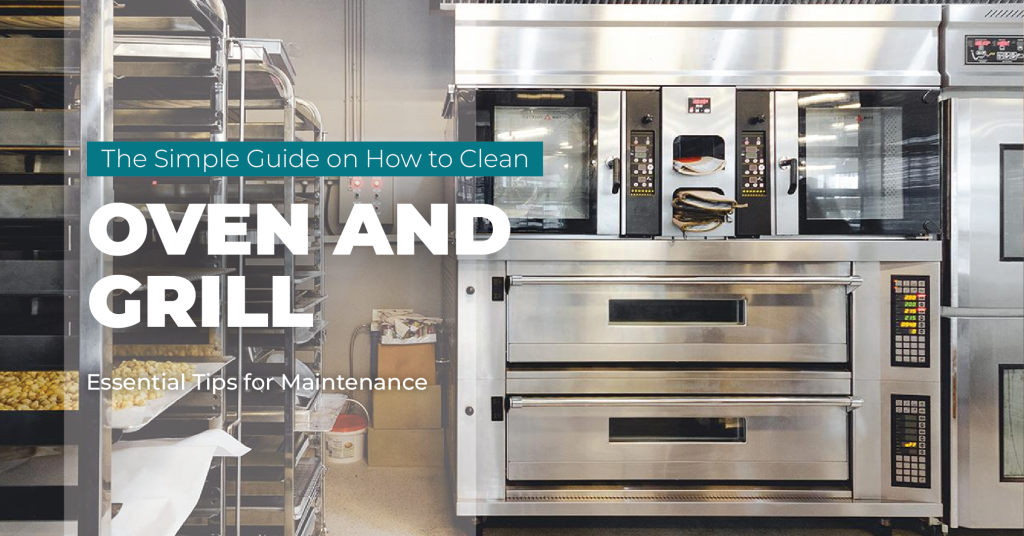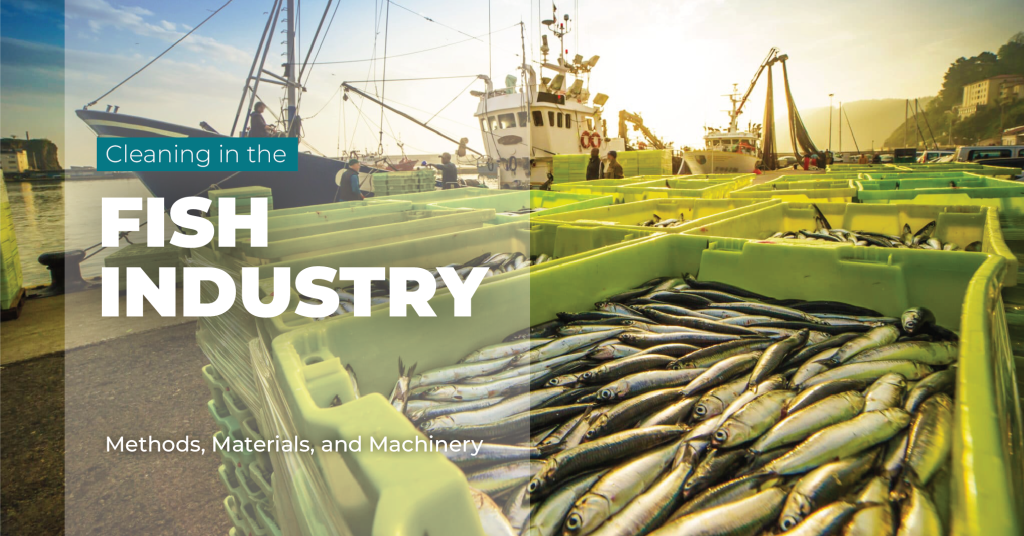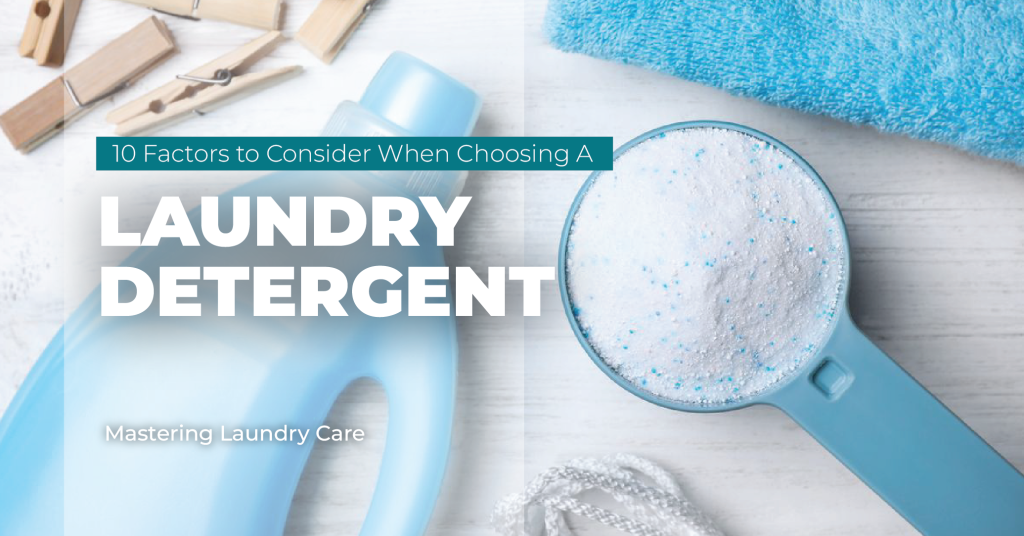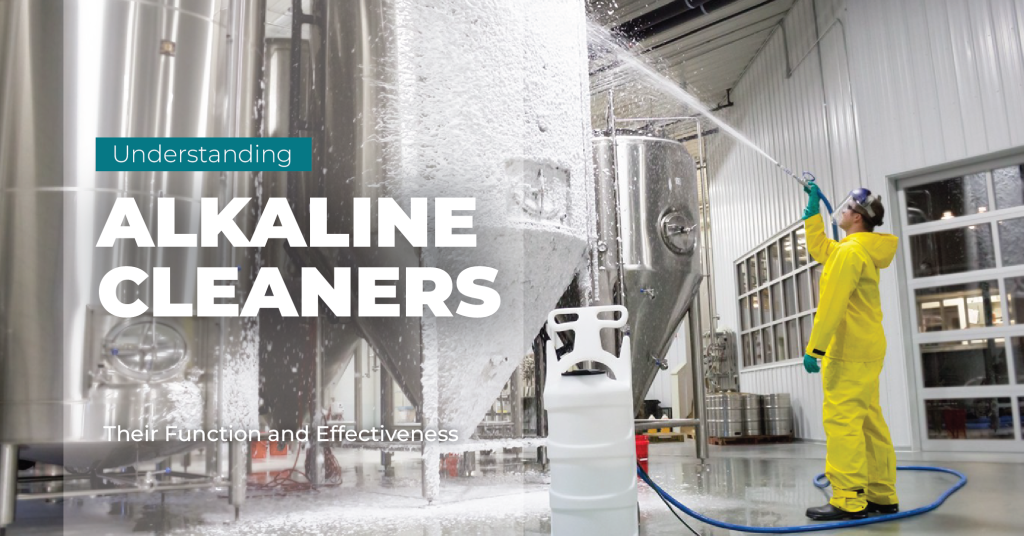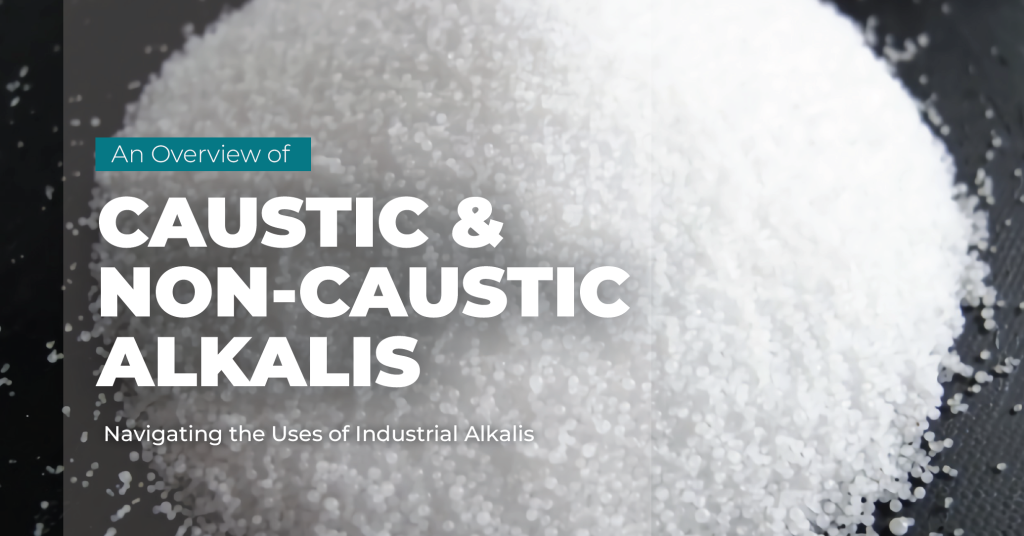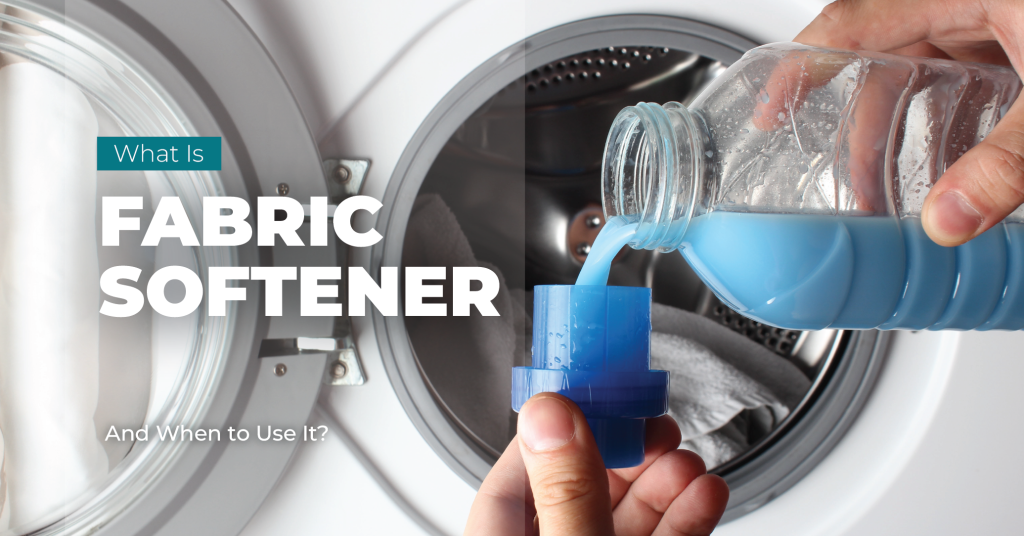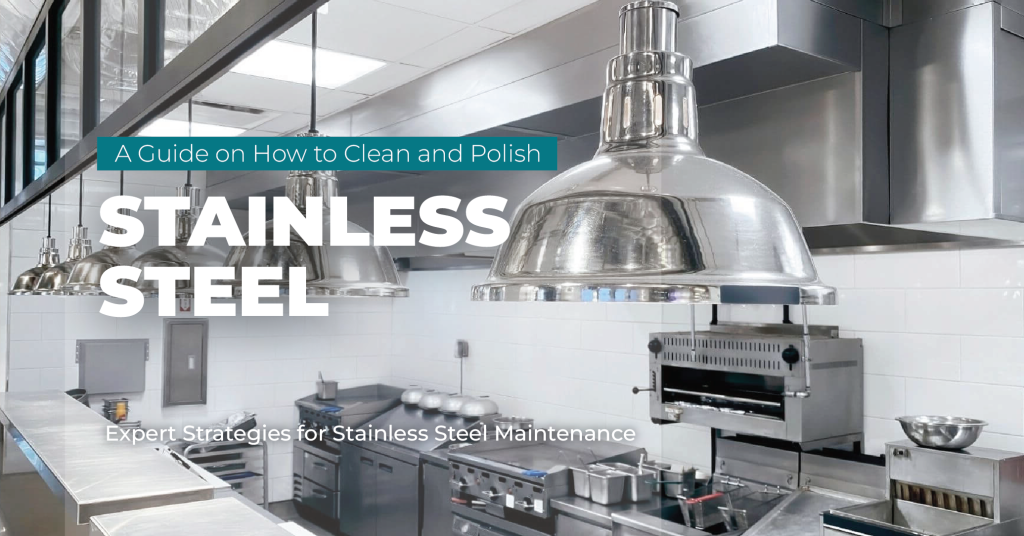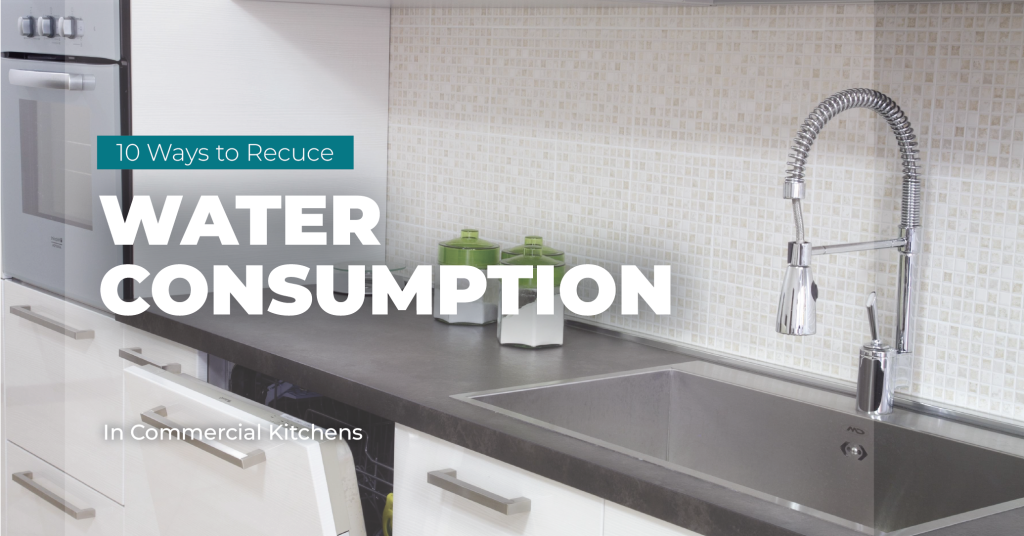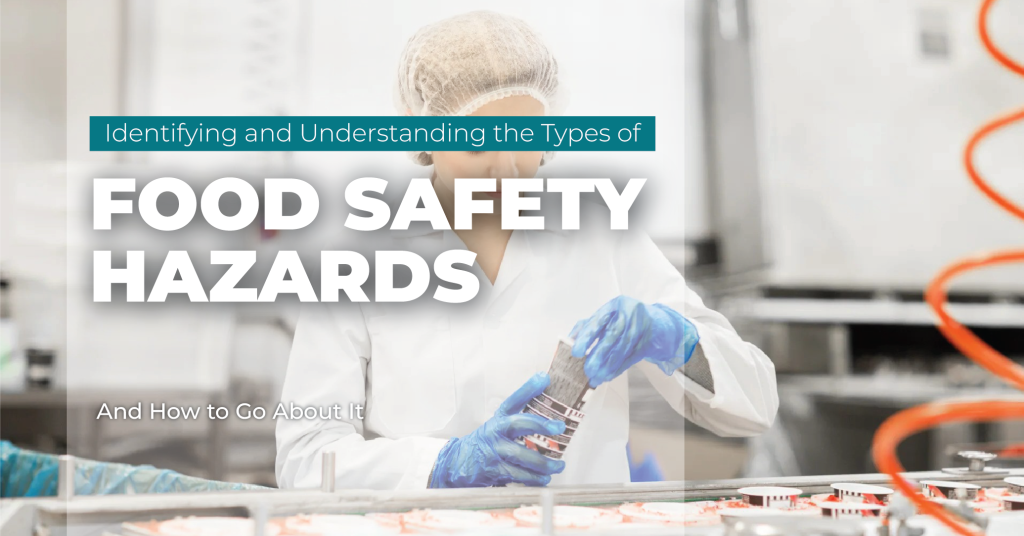
Identifying and Understanding the Types of Food Safety Hazards
The food industry is a complex and essential part of every community, involving a variety of biological, physical, and chemical factors that come into play during food processing. Given this complexity, food safety hazards are an inherent risk in the food supply chain, making it impossible to entirely eliminate them from food businesses. However, these hazards can be prevented, minimized, or controlled through the implementation of safety measures. Fortunately, there are many smart strategies for managing food safety risks. In

